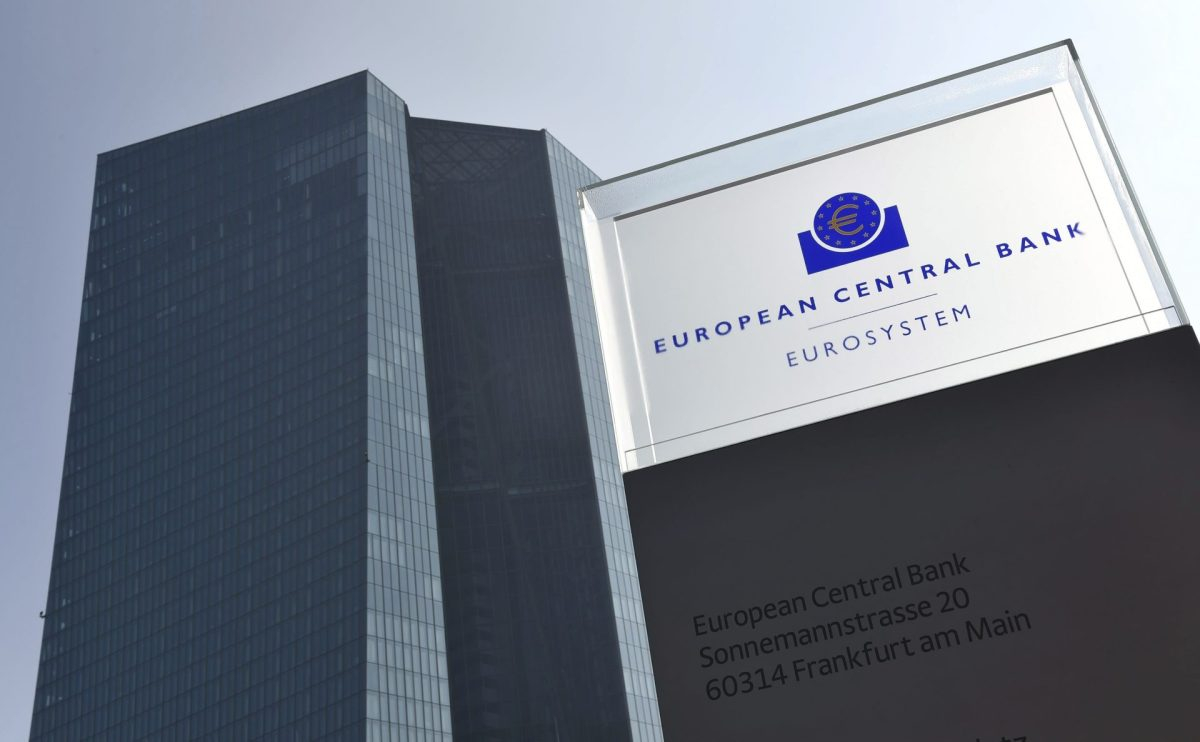
He European Central Bank (ECB) decided this Thursday to raise its interest rates for the tenth consecutive time, by a quarter of a percentage point, hup to 4.5%, to stop inflation in the euro zone and despite the stagnation of the economy.
After the meeting of the Governing Council, the The BCE reported that it also increases by 25 basis points the credit facility, to which it lends to banks overnight, up to 4.75%, and the deposit facility, to which it remunerates excess overnight reserves. , up to 4% starting September 20.
“Inflation continues to decline, but is still expected to remain too high for a long time. “The Governing Council is determined to ensure that inflation soon returns to its medium-term target of 2%.”added the ECB in a statement.
The ECB considers that its interest rates have reached levels that, maintained for a sufficiently long period, will contribute substantially to the prompt return of inflation to the target.
In addition, the ECB says it will make upcoming decisions on the price of money based on economic data, to determine the appropriate level of restriction and its duration.
ECB revises inflation forecasts upwards
The rate increase agreed today is based on the upward revision of inflation forecasts for this year and for 2024.
The new macroeconomic projections prepared by ECB experts for the euro area in September foresee an average inflation of 5.6% in 2023 (compared to the 5.4% forecast last June), 3.2% in 2024 (3 %) and 2.1% in 2025 (2.2%).
This represents an upward revision for 2023 and 2024 and a downward revision for 2025, adds the monetary entity when explaining why it has raised its interest rates again and has not paused.
The upward revision for 2023 and 2024 mainly reflects a rise in energy prices.
Furthermore, core inflation continues to be intense, despite the fact that most indicators have begun to moderate.
ECB experts have revised the projected path of inflation excluding energy and food slightly downwards, to an average of 5.1% in 2023, 2.9% in 2024 and 2.2% in 2025.
Cut in growth forecasts
The ECB observes that the previous increases in interest rates are being transmitted strongly and that financing conditions have tightened again and increasingly slow down demand, which is an important factor for inflation to return to the target.
Given the impact of rising interest rates on domestic demand and the weakening of international trade, ECB experts have significantly lowered their economic growth projections.
They now expect the eurozone economy to grow by 0.7% in 2023 (0.9% forecast in June), 1.0% in 2024 (1.5%) and 1.5% in 2025 ( 1.6%).
Source: Larepublica
Alia is a professional author and journalist, working at 247 news agency. She writes on various topics from economy news to general interest pieces, providing readers with relevant and informative content. With years of experience, she brings a unique perspective and in-depth analysis to her work.











